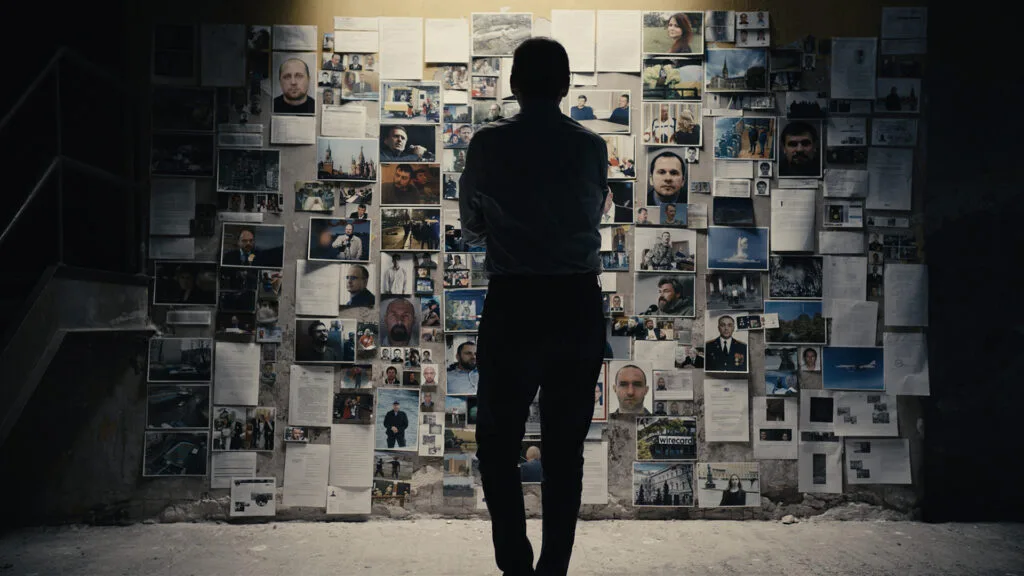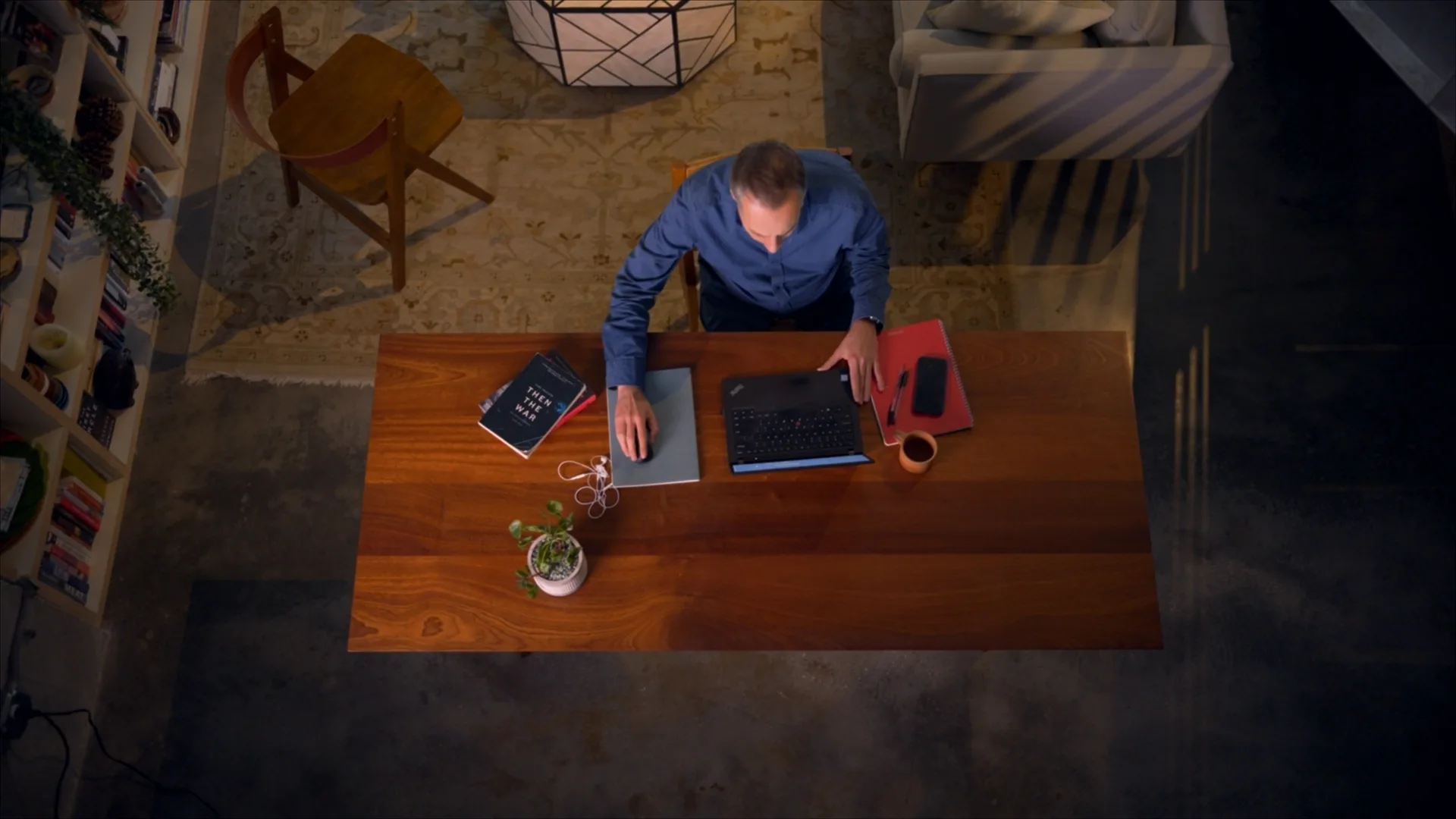A Tainted Election, a Crackdown on Dissent — and the Return of a Figure at the Heart of a Corruption Scandal
February 4, 2025
Share
As the Venezuelan election in July 2024 approached, momentum was on the side of the opposition’s bid to oust the country’s autocratic leader, President Nicolás Maduro, at the ballot box.
After more than a decade of Maduro’s leadership, the country remained in a state of economic instability, with high levels of poverty and hunger. The opposition was organized behind its candidate, Edmundo González. And there was “a sense that this was the defining, decisive day to bring about political change in Venezuela,” says Roberto Deniz, a journalist with the Venezuelan independent investigative news outlet Armando.info.
What happened next unfolds in the above video, drawn from a newly updated version of A Dangerous Assignment: Uncovering Corruption in Maduro’s Venezuela that airs Feb. 4.
From FRONTLINE and Armando.info, the original documentary traced how Deniz and his colleagues helped uncover a corruption scandal spanning from Venezuela to the U.S. that had benefited Maduro and other officials. Airing in May 2024, the film also chronicled how, as Deniz pursued this story involving Maduro’s government and faced threats and intimidation, he made the difficult decision to go into exile in order to keep on reporting.
“I believe, to this day, that it was the right decision. That our best defense was to continue investigating the story,” Deniz said in the film.
LISTEN: The ‘Dangerous Assignment’ That Sent a Venezuelan Journalist Into Exile
As A Dangerous Assignment reported, the first Trump administration charged a key figure in the corruption scandal — Maduro’s associate Alex Saab — with money laundering. Saab was extradited to the U.S. in 2021. He was held in custody until 2023, when the Biden administration released him to Venezuela in a controversial prisoner swap, part of what was seen as an effort to improve relations with Venezuela and steer Maduro’s government toward holding a free and fair election.
The updated version of A Dangerous Assignment brings the story up to the present — including the July 28, 2024, Venezuelan election and its aftermath. As the above video explores, early on July 29, the government declared Maduro the victor, despite voting tally sheets gathered by the opposition that showed what then-U.S. Secretary of State Antony Blinken called “overwhelming evidence” that González had won.
Then came the protests — “almost all over the country,” Deniz says — and the crackdown.
“Before the elections there were about 250-300 political prisoners in jail. That skyrocketed right after the elections,” Associated Press journalist Joshua Goodman says in the video. “That’s the Venezuela of today. It’s a country marked by fear of speaking out against Maduro.”
READ MORE: Director & Reporter Discuss Risks in Investigating the Powerful in Maduro’s Venezuela
The U.S government recognized González as Venezuela’s president-elect, and the Biden administration extended temporary protected status for Venezuelans in the U.S. through 2026.
The Trump administration announced in January that it would revoke those deportation protections, a move that could reportedly impact some 600,000 Venezuelans currently living in the United States. Last week, a Trump envoy met with Maduro in Venezuela and returned to the U.S. with six Americans who had been detained there. After the meeting, Maduro hailed a “new beginning” with the U.S., and President Trump said Venezuela had agreed to take back migrants who had entered the U.S. illegally.
In the meantime, domestically, Maduro has “certainly consolidated his power,” says Deniz. “And there, by his side, in his inner circle, we can see Alex Saab” — who is now a member of Maduro’s cabinet.
Deniz, by contrast, is still living and reporting in exile.
For the full story, watch the updated version of A Dangerous Assignment: Uncovering Corruption in Maduro’s Venezuela. It premieres on Tuesday, Feb. 4 at 10/9c on PBS (check local listings) and on YouTube, and at 7/6c on PBS.org/frontline and in the PBS App. It will also be available on the PBS Documentaries Prime Video Channel. A Dangerous Assignment: Uncovering Corruption in Maduro’s Venezuela is an Assignment Film production for GBH/FRONTLINE in association with Armando.info. The director is Juan Ravell. The producer is Jeff Arak. The reporter is Roberto Deniz. The executive producer for Armando.info is Ewald Scharfenberg. The editor-in-chief and executive producer of FRONTLINE is Raney Aronson-Rath.

Related Documentaries
Latest Documentaries
Related Stories
Related Stories
Explore
Policies
Teacher Center
Funding for FRONTLINE is provided through the support of PBS viewers and by the Corporation for Public Broadcasting, with major support from Ford Foundation. Additional funding is provided the Abrams Foundation, Park Foundation, John D. and Catherine T. MacArthur Foundation, Heising-Simons Foundation, and the FRONTLINE Trust, with major support from Jon and Jo Ann Hagler on behalf of the Jon L. Hagler Foundation, and additional support from Koo and Patricia Yuen. FRONTLINE is a registered trademark of WGBH Educational Foundation. Web Site Copyright ©1995-2025 WGBH Educational Foundation. PBS is a 501(c)(3) not-for-profit organization.























